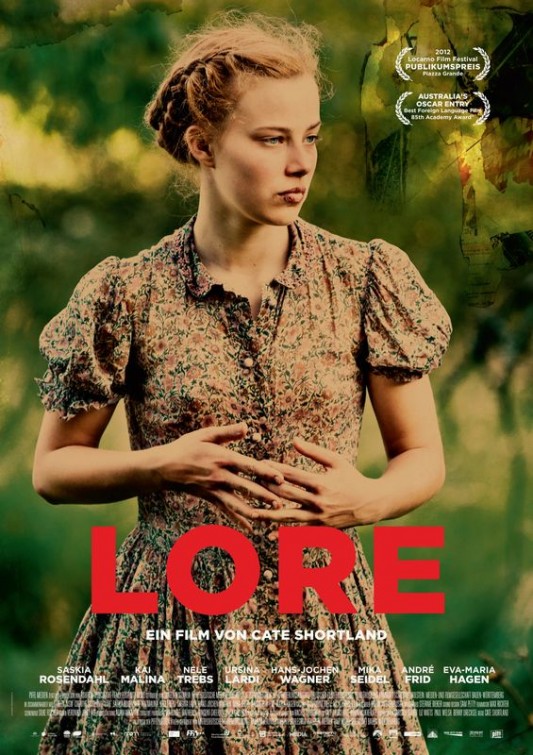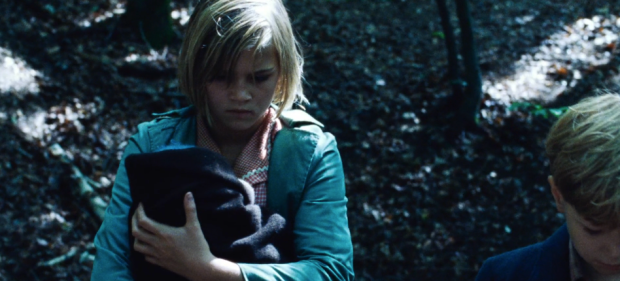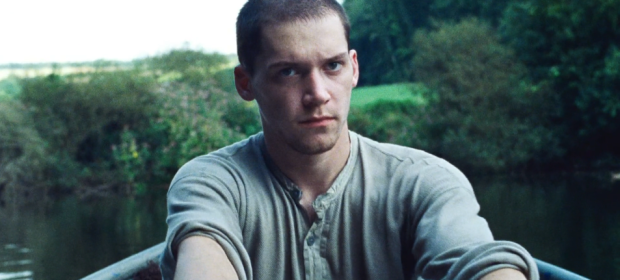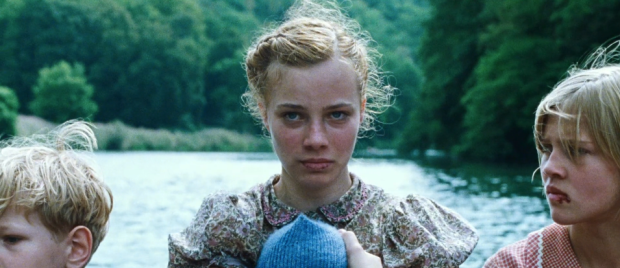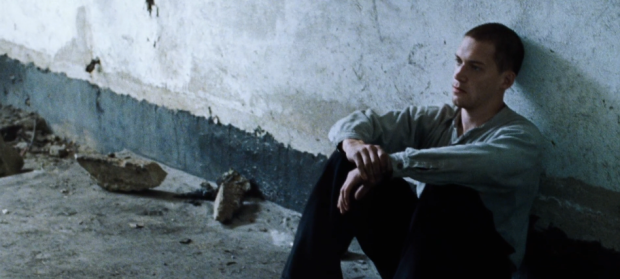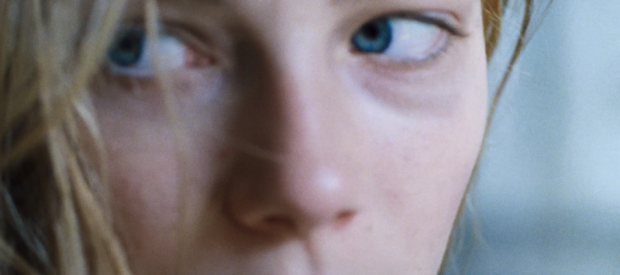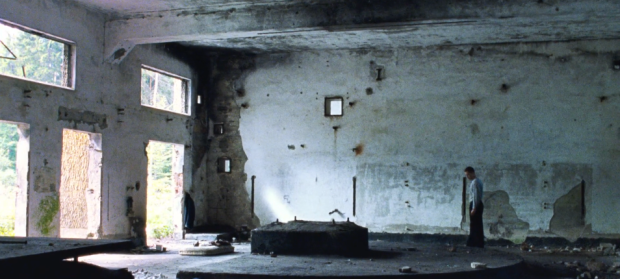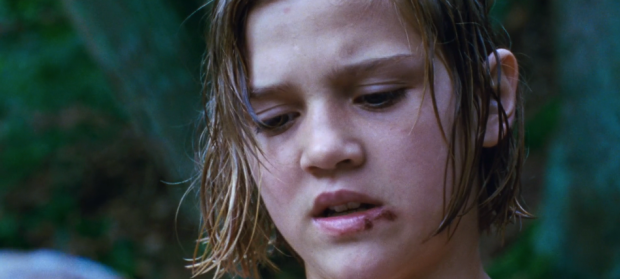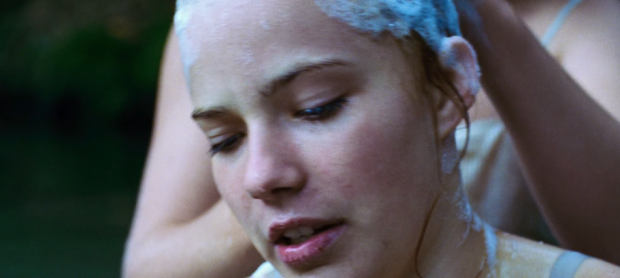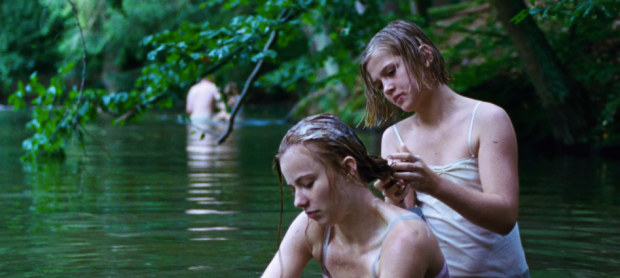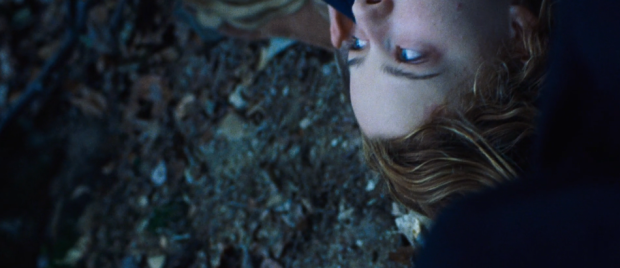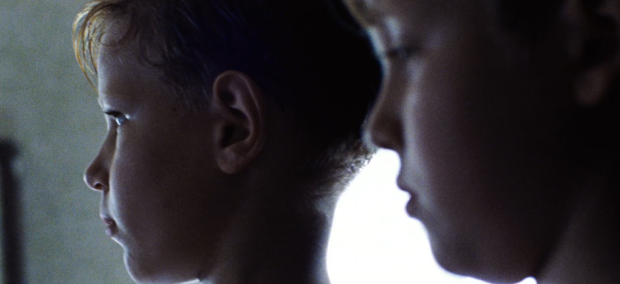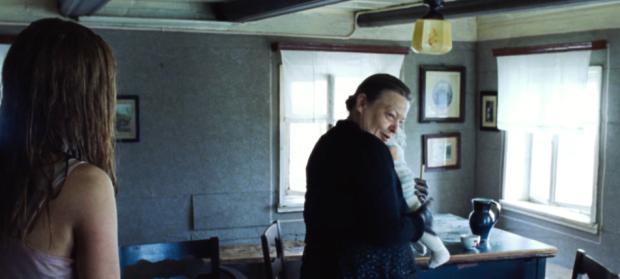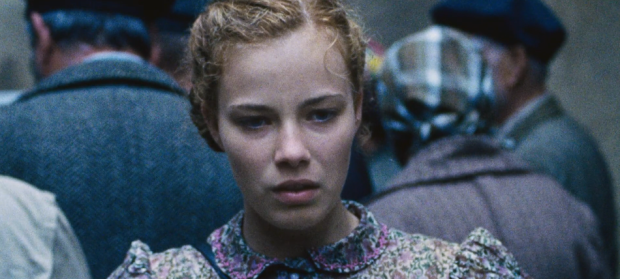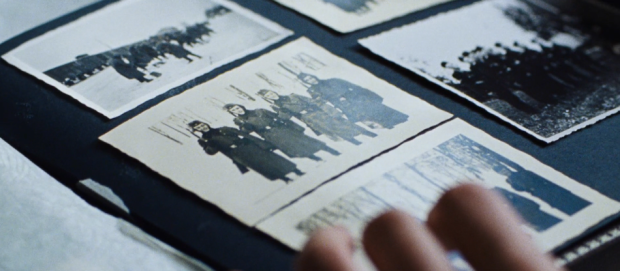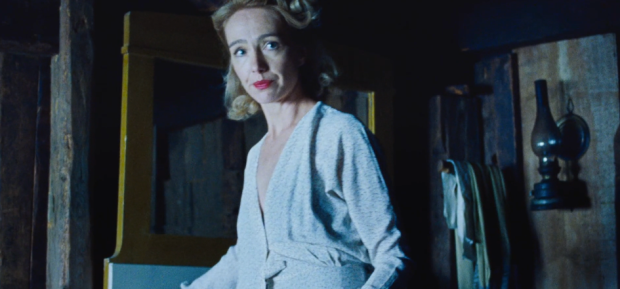When the Hitler Youth Come of Age — Lore (Shortland, 2012)
Lore is a little bit like a hybrid of Terrence Malick’s The Tree of Life (2011) and Andrea Arnold’s Wuthering Heights (2011). Its got a sensual and naturalistic feel. It is based on one of the three sections of The Dark Room, Rachel Seifert’s Booker-shortlisted novel and winner of the 2001 Guardian first novel award.
Lore is directed by Australian Cate Shortland — creator of Somersault (2004) where we witnessed Abbie Cornish’s breakthrough.
YAY, GO AUSTRALIA! AUSSIE AUSSIE AUSSIE!
Sorry, thought I’d display some uncharacteristic national pride — I find it a ironic and somewhat fitting addition to this review.
I think I can safely recommend this film to anyone who is keen on Modern History. More so, if you’re interested in Nazism… Oh, pricked up your ears there, right? Who is NOT into Nazi Germany? No one.
Ok, so here’s the catch — It’s in German.
Whaaat?!
An Auuuuustralian film in Geeeeerrrrmannnn…? Rrrrriiiiiiiight.
Stay with me guys.
It is SO important that this story is told in a native tongue. It couldn’t possibly be done without.
If you’re still interested in watching, I better give you a run down. Here we go:
Lore (Saskia Rosendahl) is a teenager. She’s strawberry-blonde, blue-eyed, loved by her doting parents and is fiercely loyal to her Führer.
Problem being, of course, that Hitler has just suicided, the Germans have lost the war and she is now in loco parentis. Lore must now conduct her four younger siblings from the family home in Bavaria to their grandmother’s farm, 500 miles to the north outside Hamburg.
The siblings travel on foot through a countryside littered with corpses and scavenged by starving natives like themselves. They survive by trading their parents’ jewellery for food, ever mindful of the occupying forces – Russian and American – that are closing in.
Shortland’s film reveals a nation in denial of its crimes. An old German matron stares at a portrait of the late Führer and says, ‘We broke his heart… he loved us so much’. It’s an interesting portrayal of the German psyche in the period.
We watch Lore wrestle with her devotion to the Fatherland and her dawning awareness of the colossal infamies that have been committed in its name — notably witnessed in photographs of piled corpses. Only when a Jewish survivor of the camps, Thomas (Kai Malina), attaches himself to the family do we see how madly divided Lore is. She is contemptuous and clinging all at once.
Shortland directs with a rigorous honesty, and prospers from at least three vital decisions:
1. to film the script in German;
2. to hire the brilliant cinematographer Adam Arkapaw — of Snowtown (2011), Animal Kingdom (2010) and The Hunter (2011) fame. His images of nature and decay are just so haunting — but you all already know this;
3. And finally to have chosen the remarkable Saskia Rosendahl to play the lead. She is a thoroughly unsympathetic character. And yet, she is fiercely and fallibly human.
This is an outstanding piece of work.
The whole film has the feeling of a dream vividly but fragmentarily recalled.
Most compelling is that there is no sentimental ending to suggest it’s been a healing experience.
It’s gut-wrenchingly real.
I’ll have to say it’s one of the best Australian film I’ve seen in a looooong time. As far as a micro-investigation, it is compelling. Certainly, it digs markedly deeper than The Sapphires (2012) in investigating its subject matter. It’s not quite as groundbreaking as Animal Kingdom in terms of a coming of age piece, but it’s certainly working in that direction.
Lore was nominated as Australia’s entry in the best foreign film category in the 2013 Academy Awards. That means it joins the ranks of Ten Canoes (2006), The Home Song Stories (2007), and my FAVOURITE Samson and Delilah (2010).
Don’t miss it. Most especially if you’re keen on Modern History.
